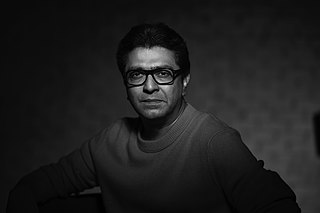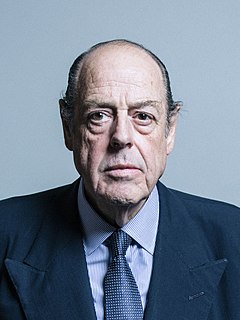A Quote by Raj Thackeray
Winston Churchill never said that people had let him down when he lost the elections after the World War II.
Related Quotes
To be sure, Kennedy did not discount the importance of words in rallying the nation to meet its foreign and domestic challenges. Winston Churchill's powerful exhortations during World War II set a standard he had long admired. Kennedy was hardly unmindful of how important a great inaugural address could be.
As a Polish American, I grew up hearing the phrase 'nothing about us without us.' To Eastern Europeans, the vow is a painful reminder of how Joseph Stalin, Winston Churchill and Franklin D. Roosevelt carved up their small countries after World War II, placing them, against their will, under Soviet domination.
We have to recognize that the reason that the global order that we've enjoyed and almost take for granted over the last several years exists is that after World War II, the United States and its allies tried to build an antidote to what they had seen between World War I and World War II. There, they'd seen protectionism, beggar-thy-neighbor trading policies, so they said, we'll build an open international economy. And they did that.
You look at the Russian side: They're defending their territory from the beginning. They move west to destroy the Nazis. And they take out the guts of the German war machine per Winston Churchill, who said that they won the war. From the beginning, we were hostile to the guys who had saved how many American lives by their repulsion of the Nazis? I think the Americans lost 400,000 in the whole war. And the Americans knew it at the time. They gave Joseph Stalin credit. He was the man of the year, cover of Life magazine in 1943; he was a hero.
Adlai Stevenson, himself a notable speaker, often reminisced about his last meeting with Churchill. I asked him on whom or what he had based his oratorical style. Churchill replied, "It was an American statesman who inspired me and taught me how to use every note of the human voice like an organ." Winston then to my amazement started to quote long excerpts from Bourke Cockran's speeches of 60 years before. "He was my model," Churchill said. "I learned from him how to hold thousands in thrall."

































